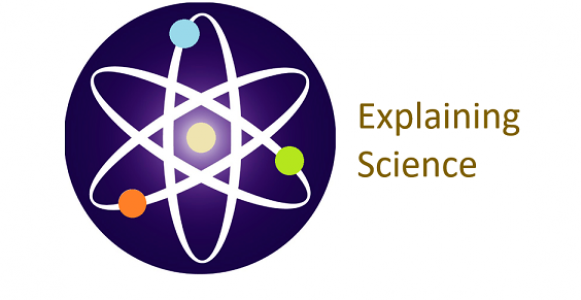Doesn't time fly ! 🙂 Ten years have passed since I wrote my first post on my Explaining Science blog (originally called The Science Geek). I have decided to mark the occasion by reblogging my first ever post. Over the last ten years the question whether there are primitive life forms on Saturn’s icy moon… Continue reading Enceladus Could there be life 10 years on
Tag: Mars
Mars
Life on Venus?
Many of you will have seen the story widely reported in the media of the discovery of the gas phosphine in the clouds of Venus - if not, you can find the story here: https://www.bbc.co.uk/news/science-environment-54133538. On Earth phosphine is produced by bacteria and it has led to the interesting speculation as to whether there could be… Continue reading Life on Venus?
The Brightness of Venus
Anyone, even the most casual observer, looking at the evening sky in the last month will have noticed the brilliant white planet Venus shining in the west. Often known as the Evening Star, Venus is the third brightest natural object in the sky after the Sun and the Moon. In this post I’ll talk about… Continue reading The Brightness of Venus
Methane on Mars
I was very excited to read about the discovery published last week by NASA’s Curiosity rover of the seasonal variation in the amount of methane in Mars’ atmosphere. Curiosity found that the average methane concentration varied from 0.24 parts per billion (ppb) in the northern hemisphere winter to around 0.65 ppb in the summer. This… Continue reading Methane on Mars
Enceladus -Could there be life?
Three years ago my first ever post was about Saturn’s moon Enceladus. It is interesting that once again this small moon is in the headlines as a possible place on which there could be life.
The Science Geek
Welcome
Hello and welcome to the first post from the Science Geek 01. I intend to write a weekly blog about various topics of interest, which will cover all aspects of science. The articles will be aimed at the non scientist and won’t require any previous detailed knowledge. I hope you enjoy reading them and please feel free to comment.
My first posts will deal with the subject of life within the solar system, which in astronomical terms is our own backyard.
Life on Mars
Throughout most of the twentieth century many scientists thought that there could be life on Mars. Indeed the famous American astronomer Percival Lowell (1855-1916) claimed to have seen through his telescope a large network of canals built by an intelligent civilization and even produced maps of the Martian canal network. These canals certainly provided great material for science fiction writers but they were probably all due to Lowell’s imagination!
Percival Lowell’s Martian…
View original post 492 more words
